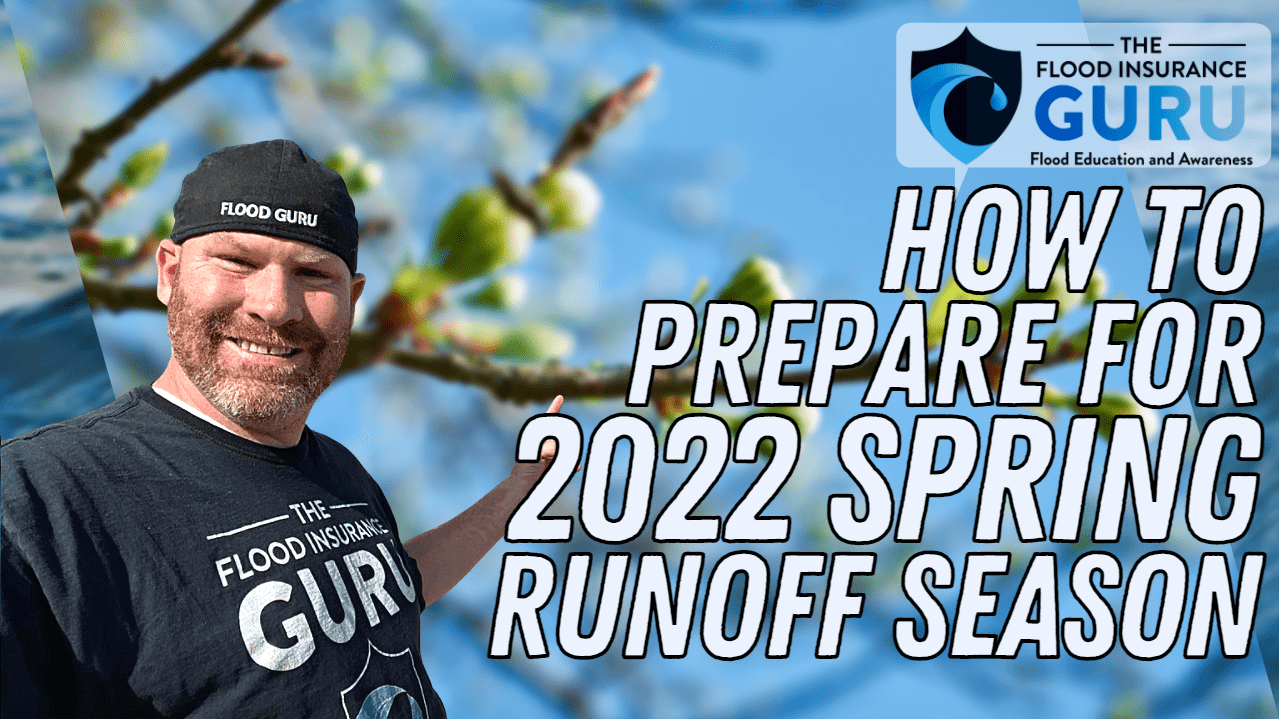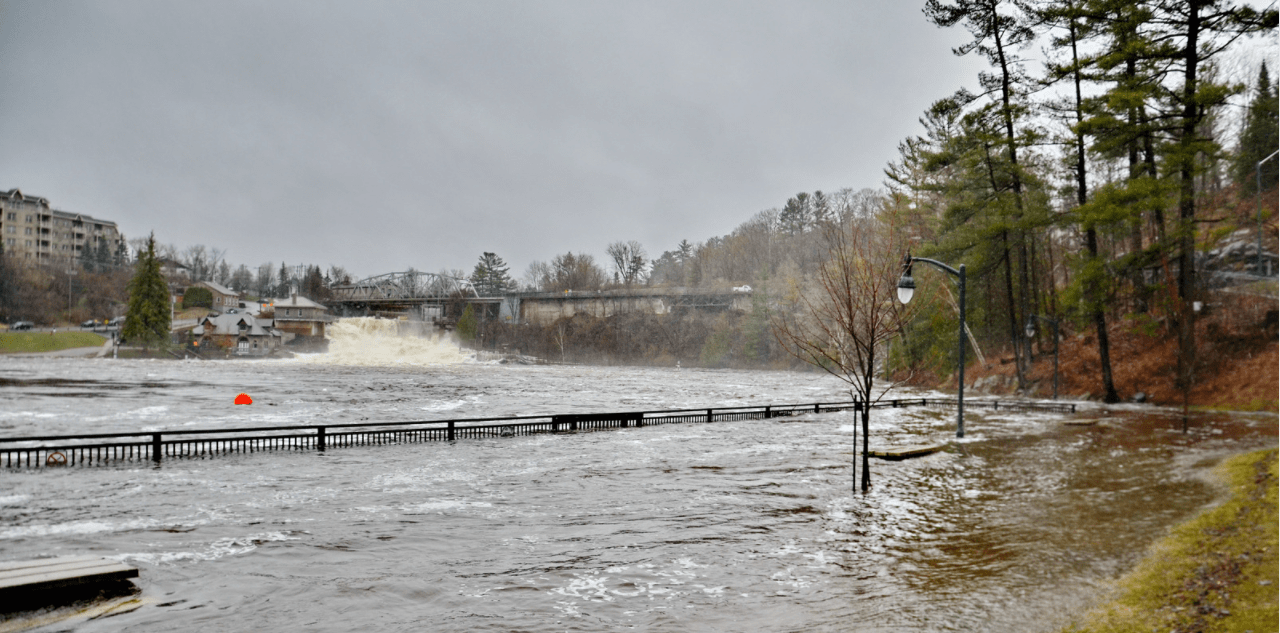
To say that we've been flooded with a bunch of stuff during this month is an understatement and there's no pun intended there. As the United States shifts from winter to spring, we should all be aware of what this could mean for flood risks everywhere.

Today, we want to talk about the 2022 spring runoff season and how you can best prepare for it, so you too won't get blindsided when crap happens.
Spring Is In The Air
For some people, the spring season is the best season in the year. If you don't have allergic reactions to all the pollen and flowers blooming, this is generally the best season to go out. You can't even deny that once all those plants bloom again as they move out of the cold winter weather, it's definitely "Instagrammable".
However, this doesn't mean that the turning of the seasons won't have serious consequences when it comes to flooding. We've seen flooding happen throughout the years especially in the northern areas of the country like Wisconsin, New York, Iowa, Massachusetts, and Minesto for example.

If we look a few years back, we saw this type of devastating flood event during the spring season in Nebraska in 2019. What some would call "The Great Flood of 2019" caused about $1.3 billion in damages across the state and took three lives when the Missouri River Basin was overwhelmed with bomb cyclones and caused a lot of flooding across the Midwest. In Iowa, this event even impacted their access to freshwater.
Why did this happen? Well, generally this is because of the rapid snowmelt and when the snow melts, it has to go somewhere. The important thing one should show about spring runoff is that it mostly happens under the condition that natural soil is already oversaturated with water and can no longer take in more. So the excess water goes into low-lying areas causing flooding to communities.
Obviously, you don't want to experience this and be a victim of the flood damages this Spring 2022.
How To Protect Yourself
One thing we highly recommend is keeping a safe distance from the foundation of your property or your home from the snowpack in your yard. It's easy to forget the fact that it doesn't really take that much precipitation and snow to create about two inches of surface water. Generally, we recommend a safe distance of about 6 inches to 1 foot.
It's important to ensure that you steer clear from snow in general because, during the spring season, we can expect spring thunderstorms and spring precipitation which only worsens runoff during this time. We always say that when things like this happen, it's important to be close to your smartphone, TV, or the news to get your weather forecasts ahead of time in order for you to prepare ahead of time.
You can access the National Water and Climate Center, National Weather Service, or your local news to get recent forecasts on the weather during this season.
Flood Insurance in Spring
The most important thing that can protect you and your property from getting taken down by flood damages and not being able to bounce back from flood loss is flood insurance. However, take this as a precautionary reminder that flood insurance may be hard to find during the spring season starting in the month of March especially for private flood insurance.
During the spring season, some private flood insurance companies would go on moratoriums which simply means that they won't provide insurance during that period. They will only cater to people who already have an active policy with them, so if you're applying for one, it may really be hard to find.
Getting into private flood insurance as soon as now can really help you resolve the concern of insuring your property because they only have a waiting period of 3 to 15 days.

Although the National Flood Insurance Program (NFIP) and Federal Emergency Management Agency (FEMA) don't really do moratoriums, you still should be aware that you might not get flood insurance from them immediately because of their strict 30-day wait period.
So if you have any questions or concerns about flood insurance — maybe you don't live in snowy areas and are wondering if you really need to get one during the spring season — click the link below to contact us and we'll help you sort it out.
You can also click the link below to access our Flood Learning Center which is dedicated to giving you the answers to your flood insurance questions in just a few clicks.
Remember, we have an educational background in flood mitigation which lets us help you flood risks like spring runoff, your flood insurance, and helping you get protection when crap happens.



